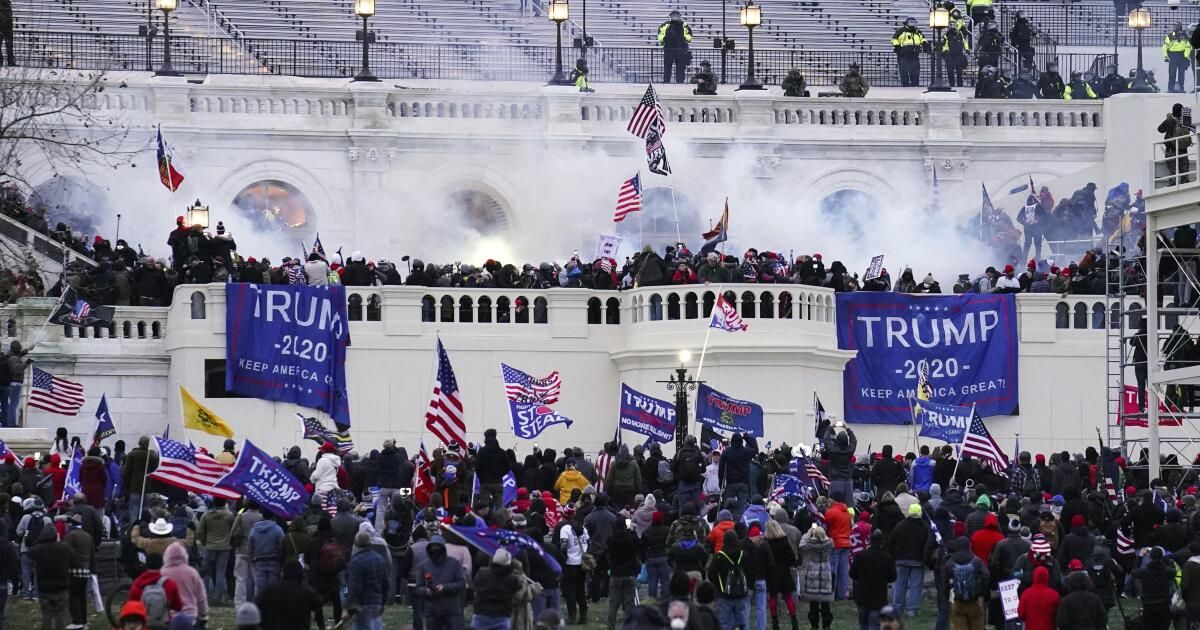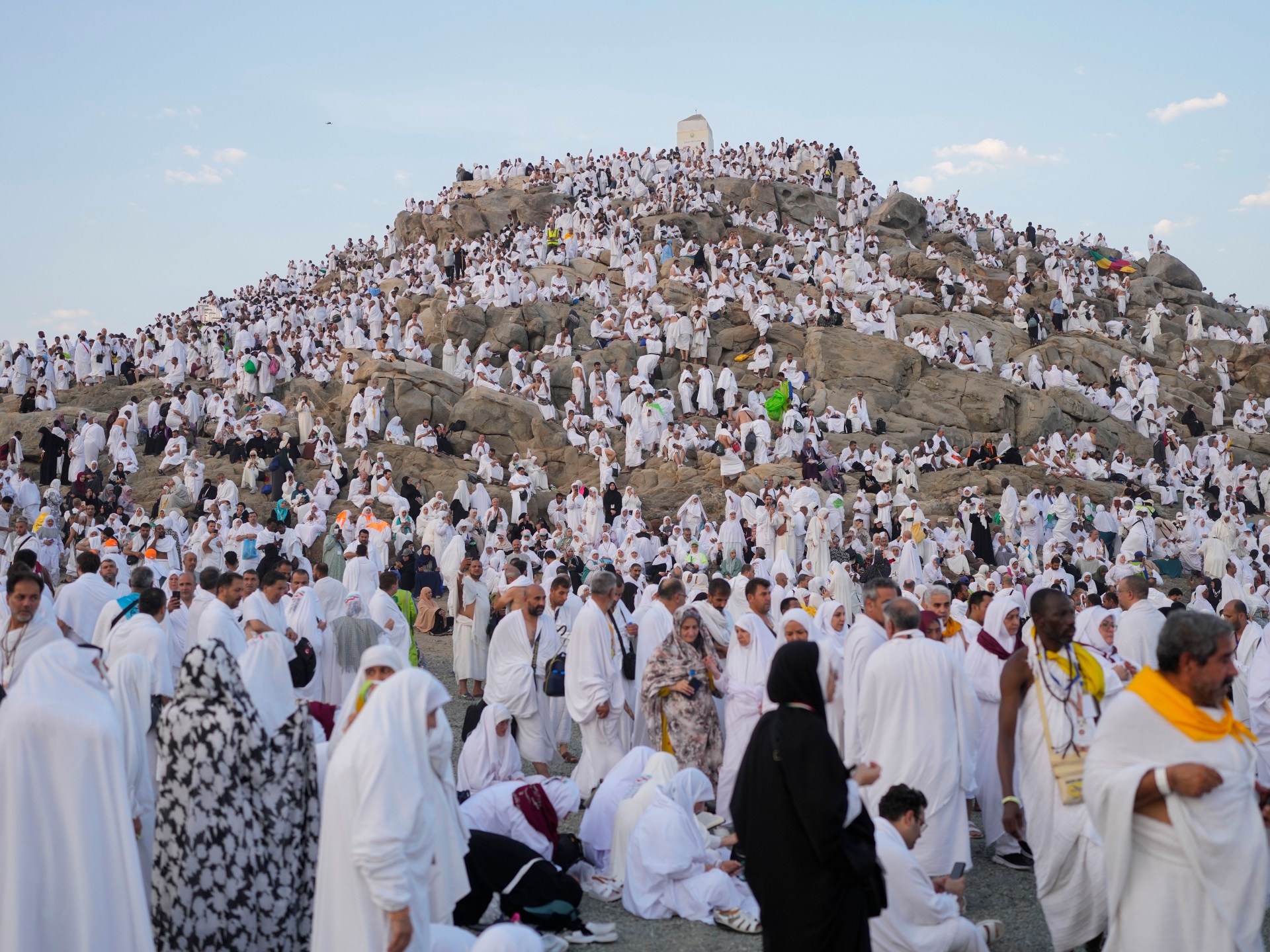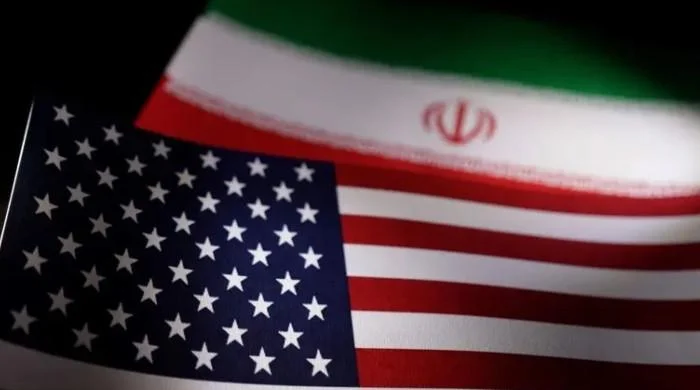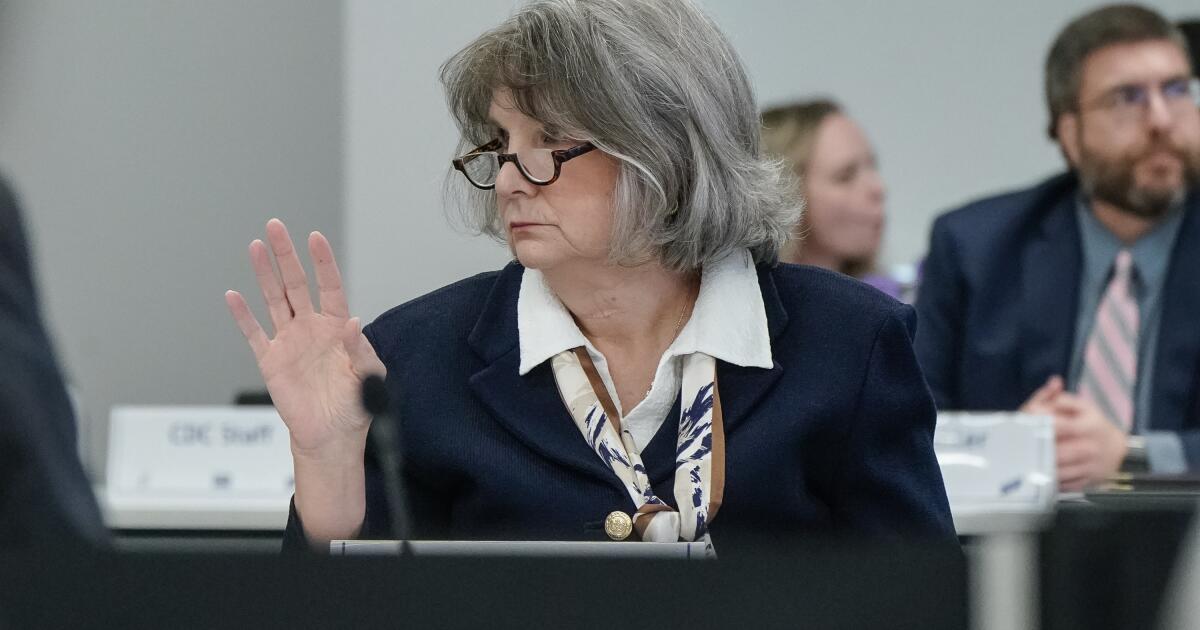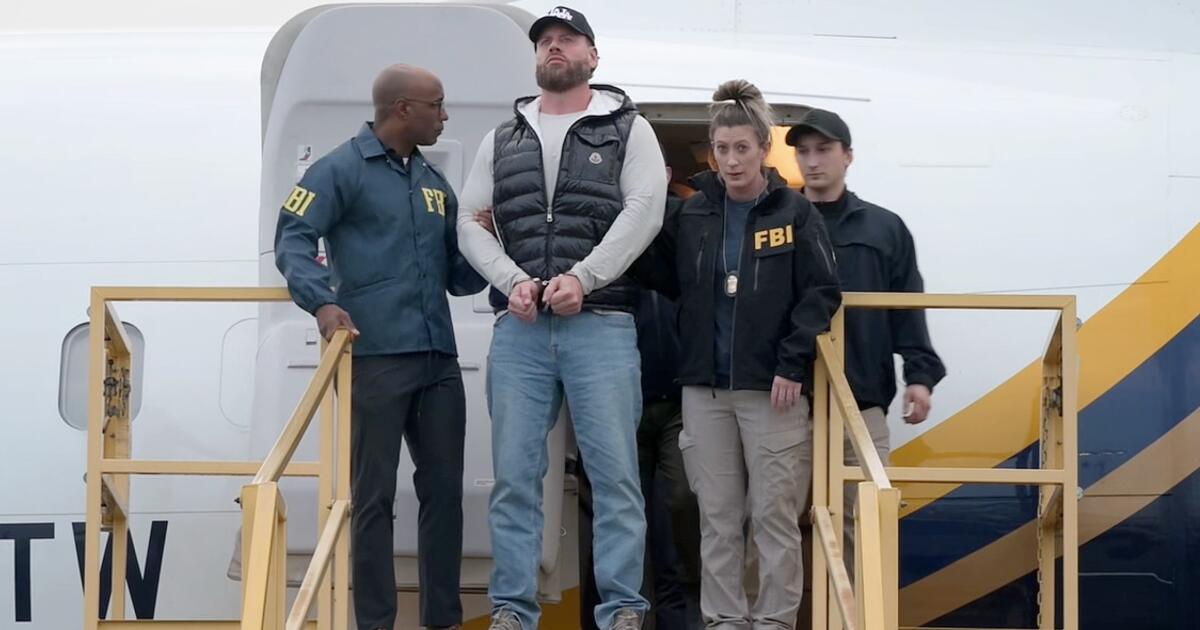The Supreme Court on Tuesday cast doubt on the legality of obstruction charges brought against about 300 rioters arrested for storming the Capitol on January 6, 2021.
The court's conservatives questioned whether the Sarbanes-Oxley Act of 2002, which targeted corporate accounting fraud, can be used more broadly to prosecute those who obstruct “any official proceedings,” including Congress' 2021 certification of victory. President Biden's election.
Chief Justice John G. Roberts Jr. and Justice Neil M. Gorsuch noted that the law made it a crime to destroy or conceal documents to impair an “official proceeding,” but they expressed doubt about extending that to any interruption of a procedure.
If someone “triggers a fire alarm” to delay a vote in Congress, it is a federal crime subject to 20 years in prison, Gorsuch asked.
While the justices appeared divided, most conservatives suggested they were skeptical about upholding obstruction charges.
Such a ruling would deal a serious blow to the January 6 prosecutions, but it would not prevent them from being punished for their actions.
More than 1,200 rioters were arrested for the January 6 assault on the Capitol.
Most were charged with assaulting on-duty police officers or disorderly and disruptive conduct. Some were also charged with carrying dangerous or deadly weapons.
A few hundred were also charged with attempting to obstruct an official proceeding.
One of them was Joseph Fischer, an off-duty Pennsylvania police officer, who said on social media that he hoped the attack on the Capitol “could turn violent,” but that it was necessary “to send a message that we, the people, we have the true power.” force.”
When Fischer was arrested, he was charged with six counts of assault and disturbance, as well as a seventh count of obstruction, a charge that could send him to prison for several years.
A federal judge threw out the obstruction charge, but the U.S. Court of Appeals reinstated it in a 2-1 decision.
On Tuesday, the Supreme Court heard an appeal from Fischer's public defender who argued that the obstruction charge should be dismissed on the grounds that the law protects only documents and evidence, not the procedure itself.
The question is how to interpret two clauses of the law. It states that it is a crime if someone “corruptly alters, destroys, mutilates or conceals a record, document or other object, or attempts to do so, with the intent to impair the integrity of the object or its availability for use in an official act.” proceed; or otherwise obstruct, influence or impede any official proceeding, or attempt to do so.”
Attorney General Elizabeth Prelogar said the rioters on January 6 intended to prevent Congress from counting the electoral votes to certify President Biden's victory in the 2020 election.
This was “obstructive conduct” and is exactly what the law says, he argued.
But the chief justice did not agree. The obstruction clause “is not valid on its own,” he said. It is controlled by prior reference to documents and records, he said.

